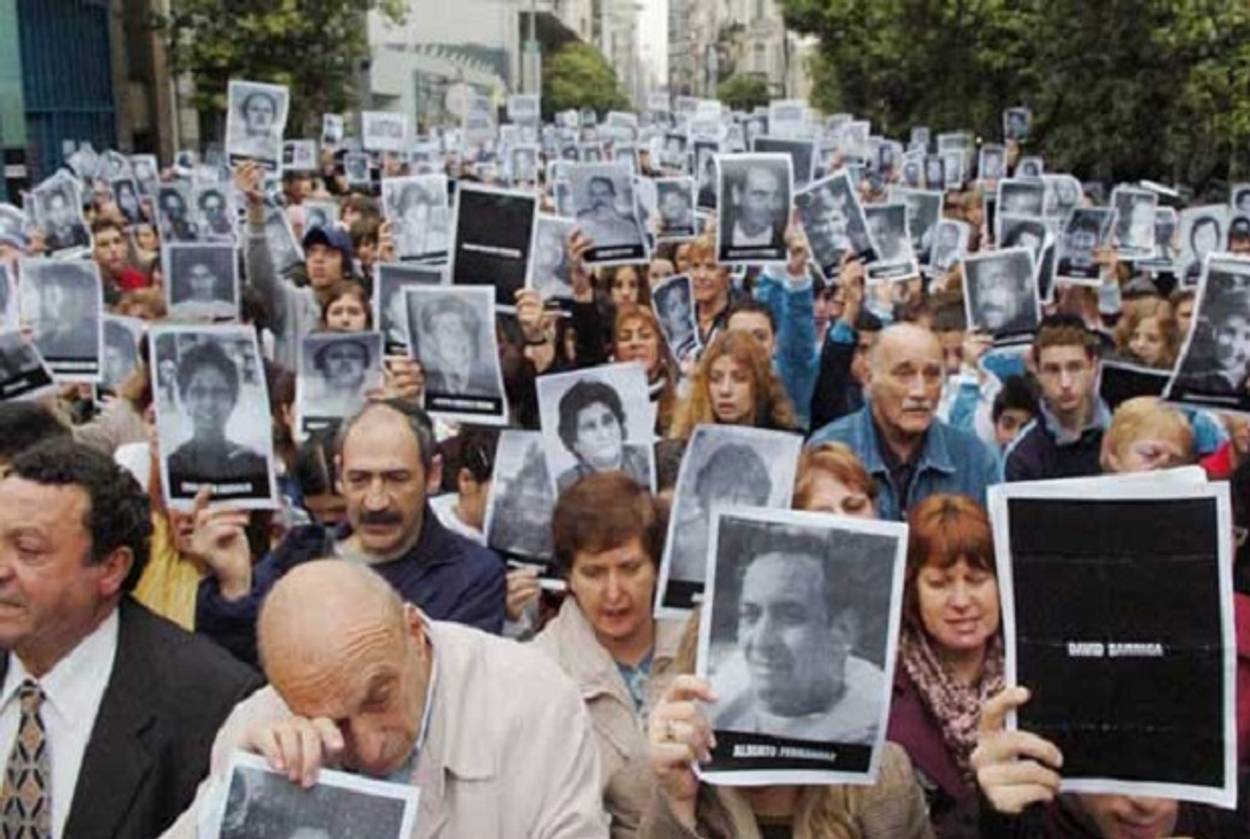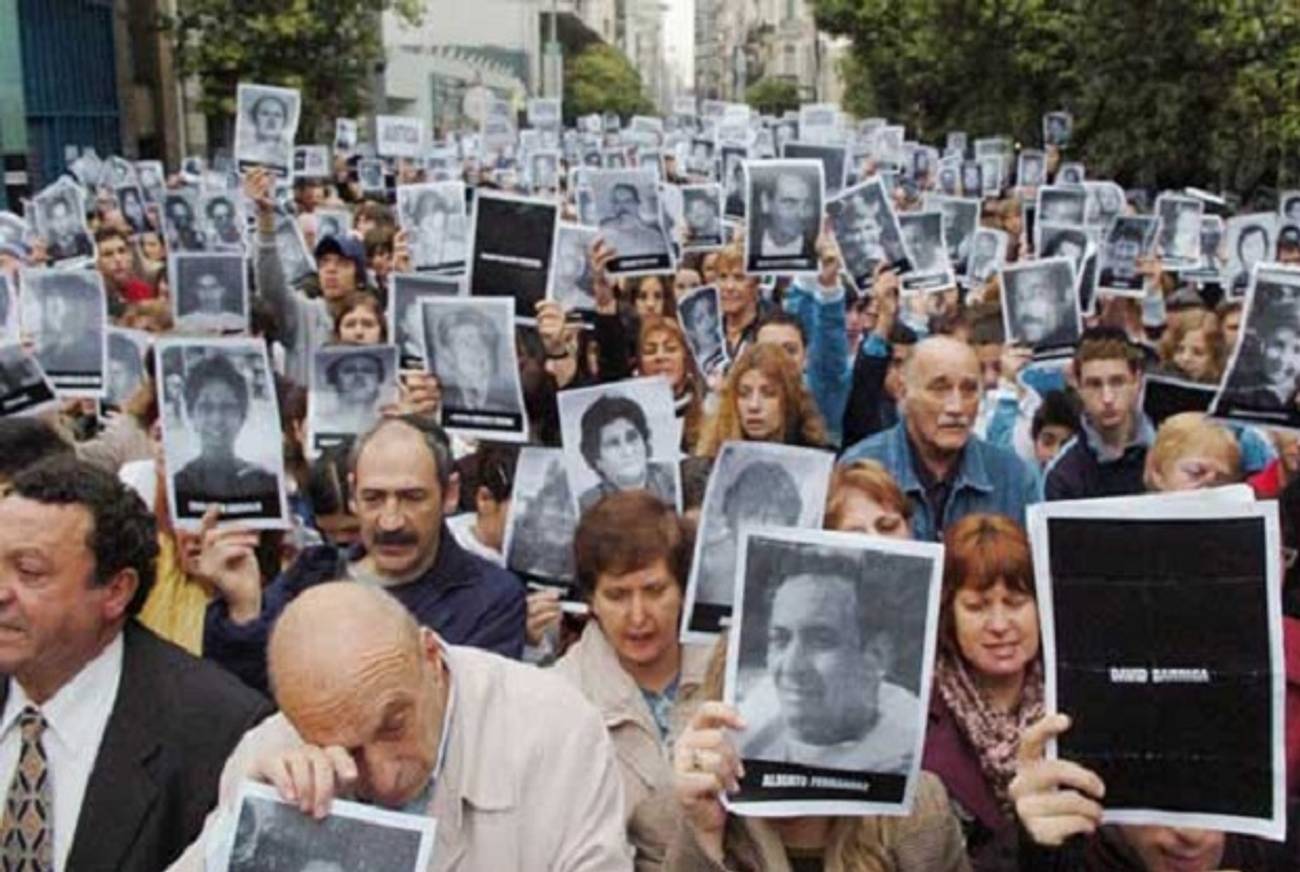U.S. Condemns Hezbollah on Syria
Argentina chimes in about AMIA bombing




Following Hezbollah leader Hassan Nasrallah’s announcement this weekend that the Iranian-backed terrorist organization is in it to win it in the fight to keep Bashar Assad afloat in Syria, the effects were immediately noticed. Border clashes on the Syrian/Lebanese border rose and reports of rockets hitting Lebanese villages confirmed fears that the Syrian civil war, which may have claimed as many as 100,000 lives, is spreading.
Today, French officials estimated that as many as 4,000 Hezbollah soldiers are currently active inside of Syria. Last week, France also signaled its interest in finally putting Hezbollah on the European Union’s armed wing on the EU terror list, which could happen at the end of June.
Following the series of cross-border incidents in recent days, the State Department called upon Hezbollah to withdraw its fighters from Syria at a press briefing today.
“This is an unacceptable and extremely dangerous escalation. We demand that Hezbollah withdraw its fighters from Syria immediately,” [Spokeswoman Jen] Psaki said at a daily news briefing.
If you’re waiting for the “or else,” it didn’t initially come. When asked what consequences Hezbollah would face for its inevitable violation of this demand, here’s what followed.
Psaki said Washington was pursuing diplomatic solutions but was also “continuing to increase and escalate our aid and support for the (Syrian) opposition.”
Meanwhile, several thousand miles south, the prosecutor in the case of the 1994 bombing of a Jewish community center in Buenos Aires–widely believed to be the work of Iran and Hezbollah–said just that multiple times across the course of several hundred damning pages.
Alberto Nisman issued a 502-page indictment on Wednesday assigning responsibility for the bombings, which killed 85 people, on the highest authorities in the Islamic Republic.
In particular, Nisman named Mohsen Rabbani, a former Iranian cultural attache, as the coordinator of Iranian clandestine activities on the continent.
The prosecutor said the AMIA bombings did not “constitute an isolated event, but a [sic] part of a bigger image, dominated by the strong and aggressive Iranian infiltration in the region in which Rabbani did not limit himself to Argentina, but… based on the gathered evidence, extended his activities to Guyana and to several South American countries,” according to a press release from Nisman’s office.
Iran spreading its involvement in terror-related activities across a region? Who’d thunk it?
Adam Chandler was previously a staff writer at Tablet. His work has appeared in the New York Times, the Wall Street Journal, the Atlantic, Slate, Esquire, New York, and elsewhere. He tweets @allmychandler.